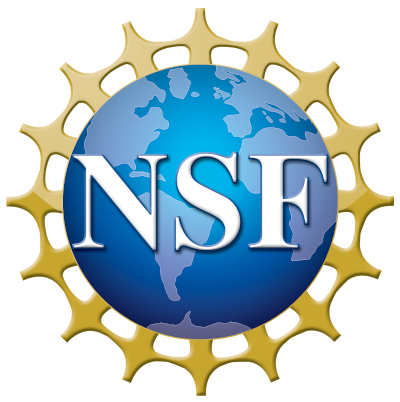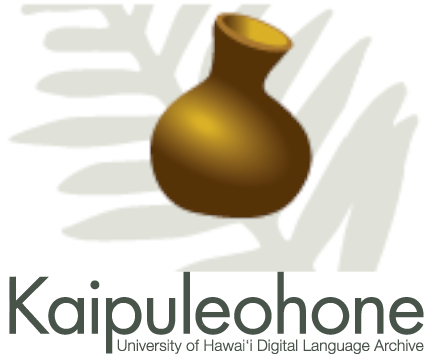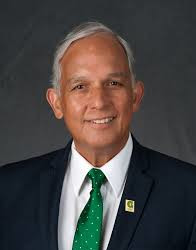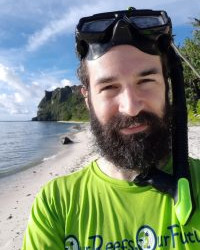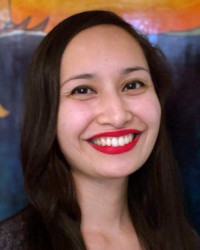This project has a roughly 4 year timeline.
Year 1: We worked on training local CHamoru speakers and CHamoru language educators in documentary field linguistics. We also coordinated with the Kumisión i Fino' CHamoru, CHamoru langauge instructors and experts at the University of Guam, and the Guam Department of Education on features of the language worth secial attention.
Year 2: We used connections within the community to recruit native speakers of CHamoru with niche cultural knowledge that is in danger of being lost. We have been working on collecting a total of 50 hours of high-quality audio through informal interviews in CHamoru.
Year 3: We will be working on transcribing, translating, and tagging grammatical information in the sound files. We will also be working on taking a close look at these data to gain insights into the vitality of the CHamoru language, as well as getting a closer look at ways in which is is changing. We will be writing publications and presenting at conferences to disseminate those findings, as well as working with the Guam Department of Education to inform pedagogical materials and decisions about the language and language education programs.
